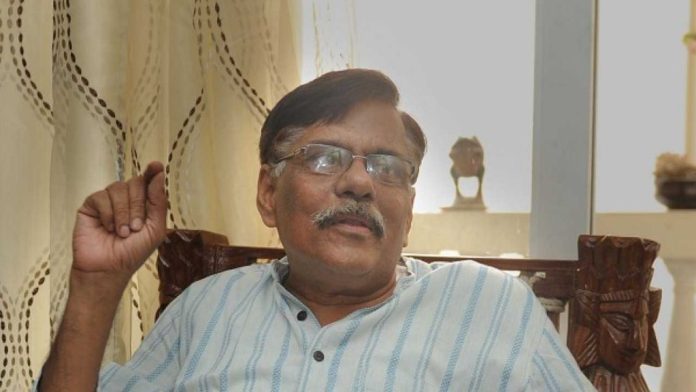Vibhuti Narain Rai, former Director General of Police who has served as SP in many communally sensitive districts of Uttar Pradesh, believes that the police personnel often bring with them the societal prejudices, suspicions, and fears embedded in their communities, particularly affecting their stance toward other religions.
In his book, Combating Communal Conflicts: Perception of Police Neutrality During Hindu-Muslim Riots in India, Rai warns that the rise of communalism and unchecked instances of communal violence could erode the secular and progressive fabric of Indian society.
As an acclaimed Hindi writer, Rai authored Shahar Mein Curfew (1988), a novel based on a riot in Allahabad he personally witnessed. The novel recounts three intense days under curfew in a neighbourhood afflicted by communal tensions. In 1987, as SP in Ghaziabad, Rai took the notable step of filing cases against UP PAC personnel for the Hashimpura massacre, in which 42 Muslim civilians were killed by police forces.
Reflecting on recent violence in Bahraich, Rai told Radiance, “The police were initially tasked with stopping DJs accompanying a procession. Some officers may have tried but appeared to do so half-heartedly. Moreover, the police were unable to prevent unrest when crowds began using the body of a deceased person for protest. Generally, police forces are hesitant when confronting majority mobs but display proactiveness with protestors from minority communities.”
On the police’s role in communal violence, Rai elaborated, “I have extensively written on this. Police are directed to be ‘strict’ to prevent riots, which often translates into strict actions against Muslims. Numerous instances show that aggressive Hindu mobs faced leniency, whereas strict orders were given against Muslim gatherings. I have not visited Bahraich, but I’ve witnessed similar incidents during riots elsewhere.”
Discussing police reform, Rai argued, “Police reforms are long overdue, and political interference in policing needs to be minimised to allow independent functioning. However, this independence could be problematic if communal biases persist within the force. Instead of focusing solely on reducing political influence, we should prioritise reforms that make police more sensitive to all citizens, ensuring fair and unbiased enforcement.”
Commenting on the media’s role, Rai recounted his experience on a channel panel. “The media was pushing a narrative that a deceased individual had been tortured before his death, despite the CMO’s clear statement that he had died from a gunshot, as indicated in the postmortem report.”
He continued, “While a few outlets attempted to defuse the tension, many inflamed it, particularly the Hindi media. Although I am unsure of how Urdu media reported the incident, English media – except a few – maintained a relatively balanced perspective. I follow Indian Express and found its reporting unbiased.”




